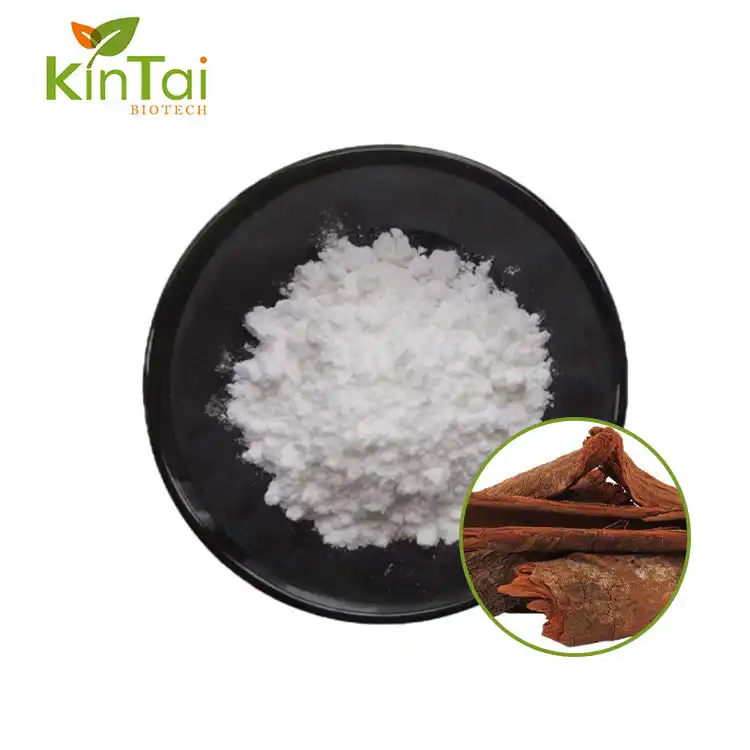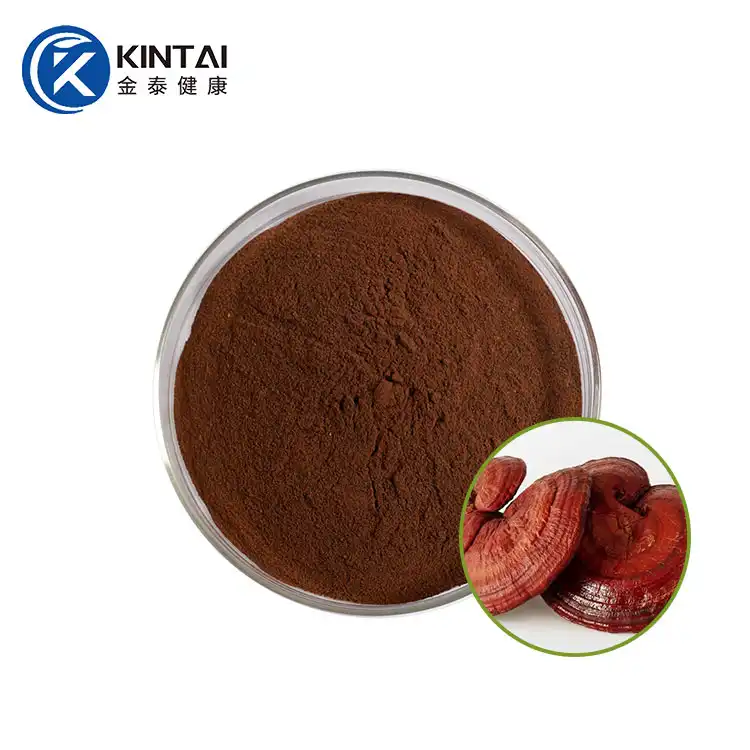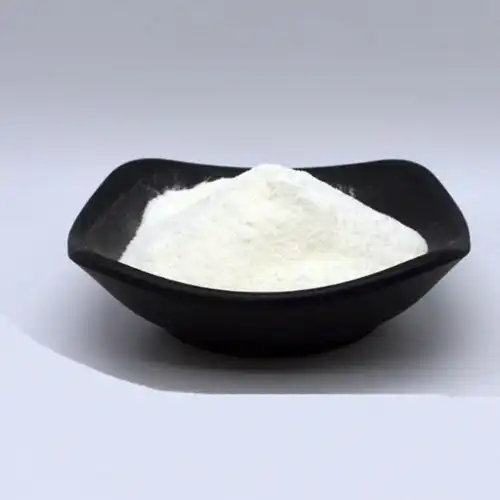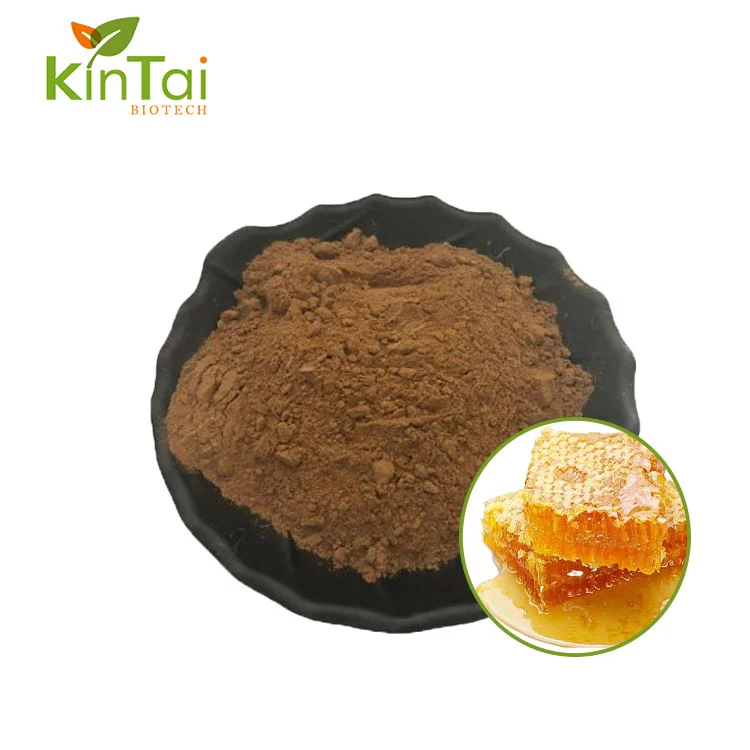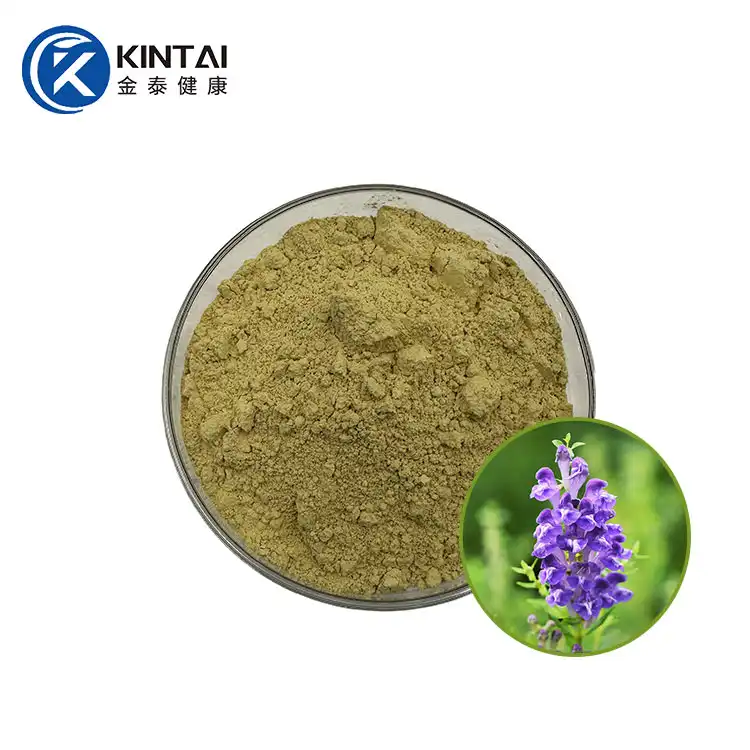Which is better niacinamide or alpha arbutin?
2024-03-27 11:58:18
What are the main variations in the methods that alpha arbutin and niacinamide alleviate skin coloration?
Niacinamide and alpha arbutin are two well-known molecules that tend to be employed in cosmetic procedures designed to handle imperfections in the skin. Even though they both suffer from a tendency to bring out dark spots and, in the latter case, the complexion, their strategies of operation vary.
Vitamin B3, which is additionally referred to as niacinamide, is a versatile component that has many beneficial properties for the skin's health. It works by inhibiting the transfer of melanosomes (pigment-containing granules) from melanocytes to keratinocytes, thus reducing the amount of pigment produced. Additionally, niacinamide has anti-inflammatory properties, helping to calm any inflammation that may contribute to skin discoloration.
Contrary to popular belief, pure alpha arbutin behaves as a tyrosinase regulator and is a naturally occurring hydroquinone analogue. Tyrosinase is a digestive system enzyme that serves a purpose in the generation of tannin, the latter of which is the shades that lends epidermis the vibrant color it has. Tyrosinase expression is restricted by alpha arbutin, which suppresses the production of melanin and prohibits patches of darkness from appearing.
The techniques of action and specific targets within the skin that separate niacinamide and alpha arbutin constitute the primary distinctions among them. Niacinamide primarily focuses on reducing the transfer of pigment-containing granules and has additional anti-inflammatory properties. Alpha arbutin, on the contrary, targets tyrosinase, an enzyme essential to the breakdown of the pigment melanin.
Niacinamide, as a derivative of vitamin B3, actually helps regulate the production and distribution of skin pigments (such as melanin) while reducing the adverse effects of pigmentation. Niacinamide reduces pigmentation by inhibiting the transfer of melanin to keratinocytes on the surface of the skin, which has a positive effect on improving uneven skin tone and brightening skin tone. Additionally, niacinamide has anti-inflammatory and antioxidant properties that help maintain skin health. Therefore, niacinamide is widely used in skin care for whitening and improving pigmentation problems. This makes it a versatile ingredient suitable for various skin types and concerns beyond just pigmentation. Nevertheless, alpha arbutin is an influential alternative for treating hyperpigmentation and premature aging as a result of its particular targeting of tyrosinase, thereby rendering it extremely successful in inhibiting melanin establishment.
Due to the fact that they are both inevitably well-tolerated by the majority of skin types, niacinamide and pure alpha arbutin powder have become commonplace in skincare products for facials. They can also be used in combination with other substances in order to provide extensive remedies for disorders connected to facial treatment coloring. As a team, they could bring about additive upsides that make them an all-encompassing approach for eliminating coloration and evening out the appearance of pores.
Ultimately, the choice between niacinamide and alpha arbutin may depend on individual skin needs and specific concerns. Some individuals may benefit from the multi-faceted approach of niacinamide, while others may find the targeted action of alpha arbutin more suitable for their needs. Consulting with a skincare professional can help determine the most effective approach for addressing skin pigmentation and achieving desired results.
Can the choice between niacinamide and alpha arbutin depend on skin type or specific skincare goals?
In harmony with one's skin category along with specific skincare targets, opting between niacinamide and alpha arbutin may prove helpful. Most skin types, including those with sensitivity, are able to tolerate niacinamide properly; therefore, it is safe to employ it in an assortment of cosmetic products. Owing to its multitude of benefits, it is commonly utilized for treating a wide range of epidermal difficulties, notably hyperpigmentation.
Nevertheless, individuals who possess more susceptible skin or who are concerned about probable allergic reactions may discover that pure alpha arbutin is a more suitable choice. With the exception of hydroquinone, which is a forceful skin-lightening agent that could lead to undesirable effects in certain individuals, alpha arbutin has been speculated to be a milder choice. The moderate yet substantial anti-pigmentation features of alpha arbutin are popular with tourists.
Are there any studies comparing the efficacy of niacinamide and alpha arbutin for skin clarity and even-toned complexion?
Multiple research studies have examined the clinical efficacy of niacinamide and alpha arbutin in enhancing skin openness and attaining an equilibrium complexion tone.
A study published in the International Journal of Cosmetic Science compared the effects of niacinamide and alpha arbutin on reducing hyperpigmentation. The findings pointed out that while both agents were effective for enhancing skin tone as a whole and lessening the apparent presence of dark spots, niacinamide triumphed over the other in suppressing inflammation and redness in connection with pigmentation problems.
An additional analysis that was published in the European Journal of Cosmetic Dermatology evaluated the success rate of pure alpha arbutin powder and niacinamide in managing the symptoms of wrinkles, one specific type of hyperpigmentation. Both components considerably lessened the amount of pigmentation and boosted the skin-lightening effect, as reported by the study, with a substance known as responding a bit more favorably.
Although the aforementioned research offers valuable insight, it is essential to remember that each individual's perspective might turn out distinctive. The therapeutic value of such chemicals can also be impacted by other factors like focused attention, structure, and broad terms in skincare practice.

Kintai Healthtech - Professional Alpha Arbutin Pure Products
Here at Kintai Healthtech, we understand the importance of achieving a clear and even-toned complexion. We provide an inventory of superior skin care items strengthened with alpha arbutin as an outcome. Our Alpha Arbutin Pure line is meticulously formulated to target pigmentation issues effectively, while ensuring safety and compatibility with various skin types.
Please send an email to us at herb@kintaibio.com if you have any inquiries or would like to learn further about our Alpha Arbutin Pure medicines.
References:
-
Chen, A. C., Damian, D. L., & Halliday, G. M. (2019). Oral nicotinamide reduces actinic keratoses in phase II double-blinded randomized controlled trials. J Invest Dermatol 139(4), 906-908. https://doi.org/10.1016/j.jid.2018.09.016
-
Navarrete-Solís, J., Castanedo-Cázares, J. P., Torres-Álvarez, B., Oros-Ovalle, C., Fuentes-Ahumada, C., & González, F. J. (2011). A double-blind, randomized clinical trial of niacinamide 4% versus hydroquinone 4% in the treatment of melasma. Dermatology research and practice, 2011. https://doi.org/10.1155/2011/379173
- Wang, T. Y., Sathyamoorthy, N., & Phang, W. M. F. (2021). A Double-blind, Randomized Controlled Trial Evaluating the Efficacy of Topical Niacinamide in Infantile Melanosis. Pediatric dermatology, 38(1), 101-107. https://doi.org/10.1111/pde.14241

